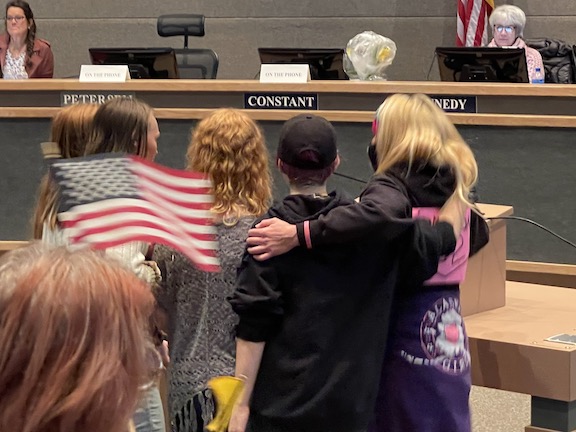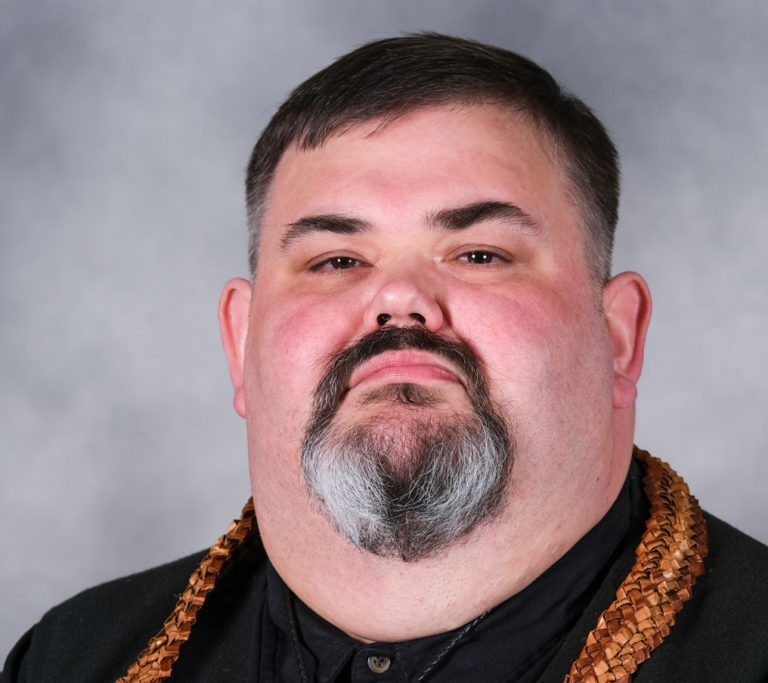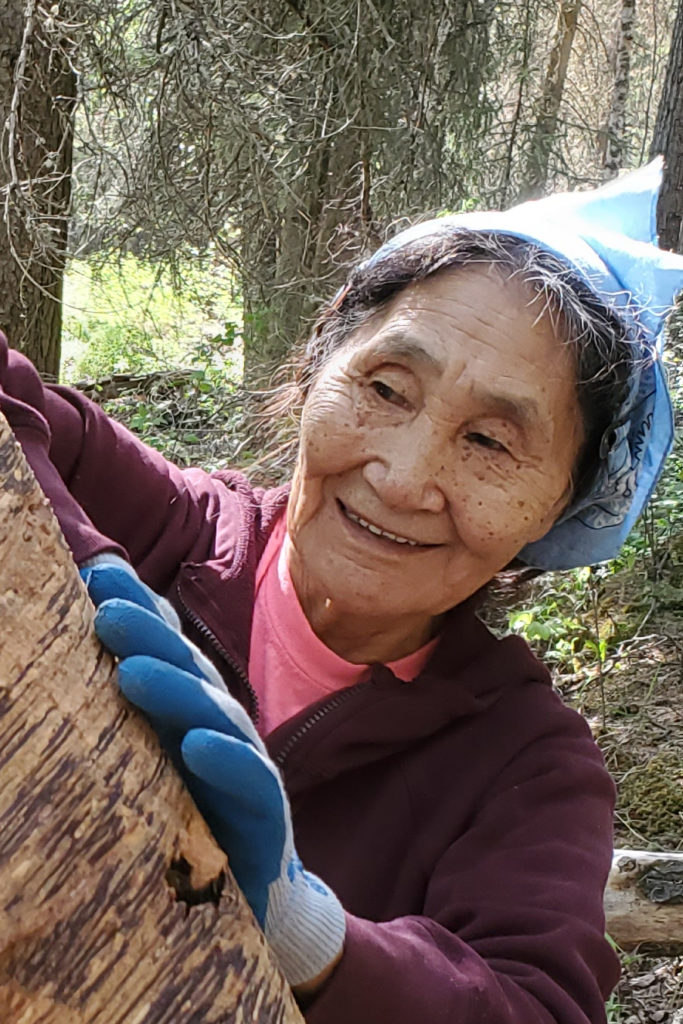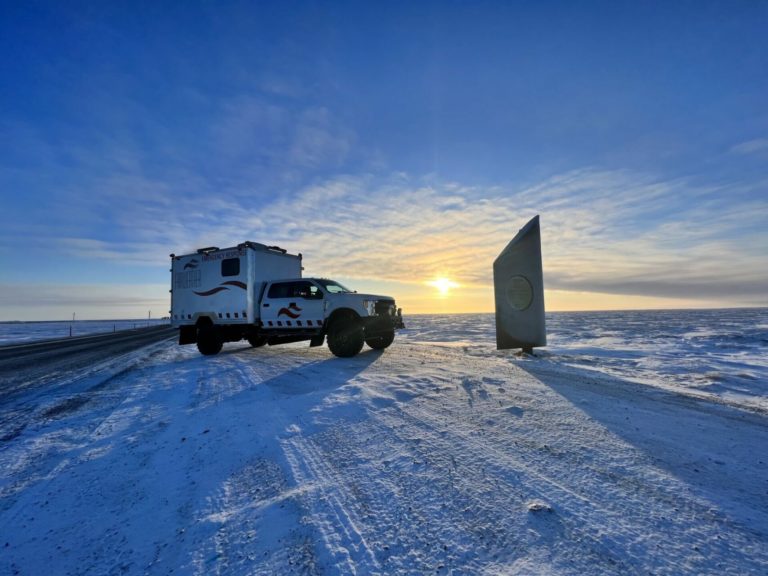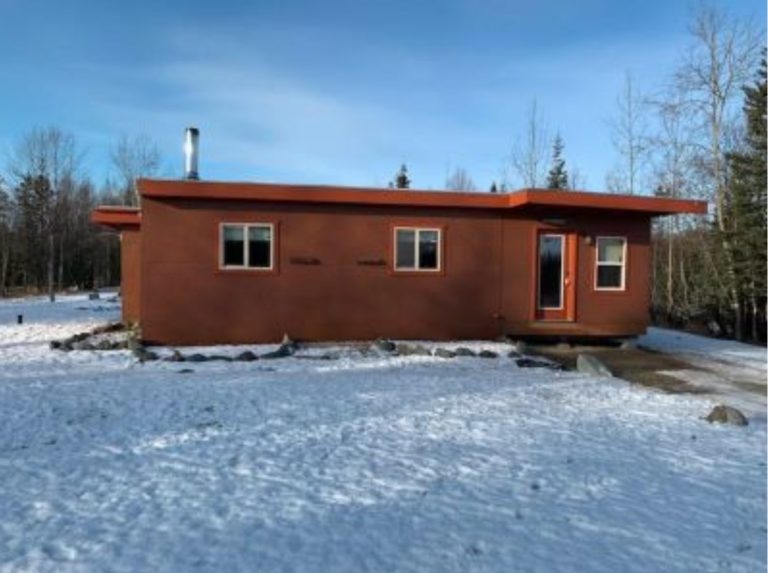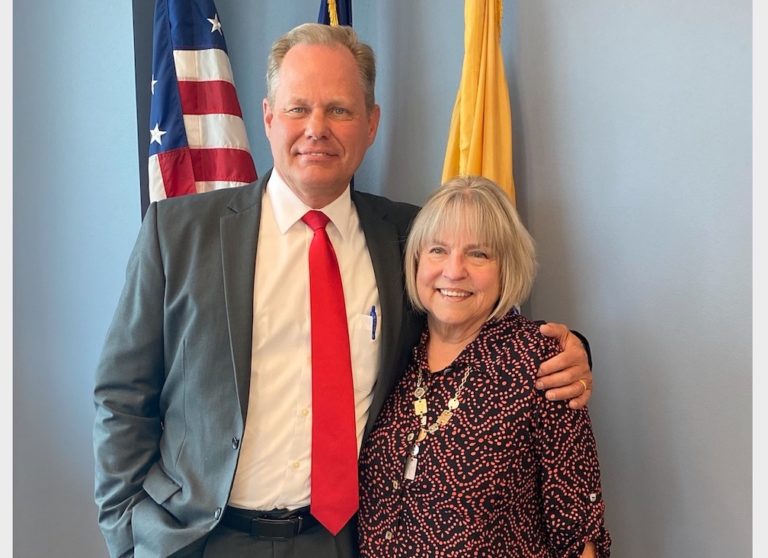The Central Council of the Tlingit & Haida Indian Tribes of Alaska voted May 1 to leave Alaska Federation of Natives. The announcement was made May 8.
Tlingit & Haida is the largest federally recognized tribe in Alaska with more than 35,000 tribal citizens and has been a long-standing member of AFN, which was formed in 1966 and holds a mission to enhance and promote the cultural, economic and political voice of the entire Alaska Native community.
Over the course of the past nine years, Tlingit & Haida President Richard Chalyee Éesh Peterson and the Executive Council have been working toward strengthening the Tribe’s sovereignty through economic development initiatives and building the infrastructure for advancing the Tribe’s priorities.
Below are statements from Peterson and other Executive Council members:
“We are working every day toward strengthening our sovereignty and preserving our way of life for generations to come. It has always been in the best interest of the Tribe to directly promote, advance and advocate for our people and communities, and we have positioned the Tribe and strategically built our capacity to do just that. The truth of the matter is our Executive Council has diverse areas of expertise and this has been a true strength in the governance of our Tribe. We have also built up a Governmental Affairs team that supports our work on important legislation, federal/state tribal issues, budget priorities, and funding opportunities. We will continue to collaborate with AFN where it is needed,” said President Peterson.
“The Alaska Federation of Natives has a long history of providing advocacy and they will continue to provide a forum for Alaska Native people. Tlingit & Haida will remain engaged in Alaska Native policy conversations nationally, across our State and within our region. We will continue to provide direct advocacy and advancing the goals and interests of Tlingit & Haida, our tribal citizens, and our communities,” said First Vice President Jacqueline Pata.
“From protecting our lands, waters, and way of life, to advocating on behalf of our communities and for the need for wellness, healing, protection and support for our tribal citizens and families, we’ve carved our own path and know the solutions that are needed. It is critical we do the work every day exercising our sovereignty, and to be intentional and focused to elevate the voice of our Tribe and represent our people we serve,” said Second Vice President Rob Sanderson Jr.
“No one knows the needs of our region, communities and people better than we do. We will continue to protect our way of life, exercise our inherent sovereignty and jurisdiction through self-government and self-determination, and promote the dignity and welfare of our tribal citizens,” said Third Vice President Catherine Edwards.
“Tlingit & Haida has supported AFN from its inception and will continue to support the common interests of AFN member Alaska tribal governments and ANCSCA [Alaska Native Claims Settlement Act] corporations. Today, Tlingit & Haida makes clear we directly express our inherent sovereign powers and collaborate with other governments and entities,” said Fourth Vice President Will Micklin.
“Tlingit & Haida has seen tremendous growth. With a focus on economic sovereignty and the well-being of our tribal citizens, this growth has been very intentional as the Tribe’s policy priorities continue to grow and move forward. President Peterson has established strong relations within the federal government and, through our Executive Council’s advocacy at every level, we are strengthening our sovereignty every day. This all has a greater impact than relying on anyone else to do the work for us. We have the inherent right to self-govern and that is what we will continue to lean on,” said Fifth Vice President Clinton Cook Sr.
In 2019, two of the large ANSCA regional corporations — Arctic Slope Regional Corp. and Doyon — also left. But Doyon kept its reasons quiet until last week.
“Doyon’s decision to withdraw from AFN was made by the Doyon Board of Directors after significant deliberation and after a long history of sharing our concerns with AFN leadership. Doyon engaged with AFN for over a decade, sharing our concerns and advocating for continued improvement in the AFN organization, decision-making, and services provided to its members; these requests were all made well prior to the decision to withdraw,” Doyon said in a statement that was released eight days ago.
“In the years following the 2012 reform effort at AFN, Doyon recognized that AFN reform efforts needed to continue. AFN still needs to complete the work outlined by AFN Resolution 09-05, including a review of the AFN resolutions process. The needed work on conflict resolution among various Native constituents was highlighted at the 2022 AFN Convention when a proposed resolution addressing subsistence fish declines on the Yukon River was met with impasse and conflict,” Doyon said.
“Doyon remains engaged in Alaska Native policy conversations, whether across our State or within our region. Doyon’s membership in AFN does not preclude Doyon from direct advocacy or furthering and advancing the goals and interests of Doyon, Limited, our shareholders, and our communities,” the corporation said. The full release is at this link:

